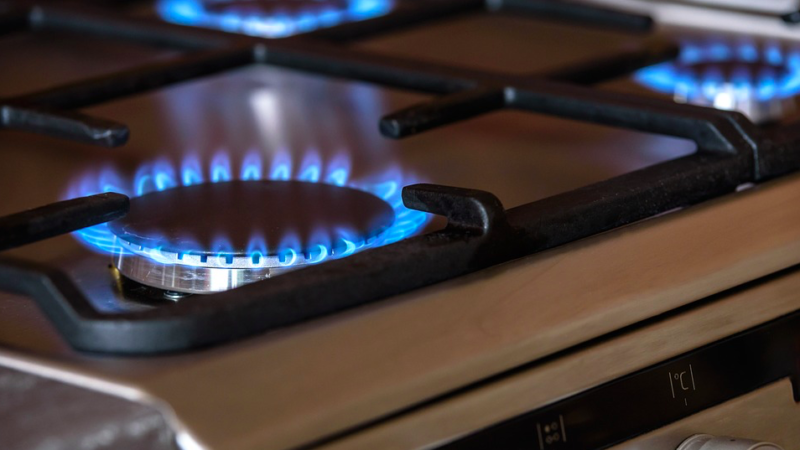The number of people in fuel poverty grew from 3.5m to 4m from 2015 to 2016 alone. We need a national response on this unseen issue.

Around 4 million UK households live in fuel poverty and more than 9,600 frail and vulnerable people across the UK are at risk of dying due to cold homes – today’s price hike by British Gas will make the problem worse, writes Maria Wardrobe of National Energy Action.
British Gas today announced a rise in their electricity prices by 12.5%, which will increase the average annual fuel bill (including gas) by £76 to £1,120.
Martin Lewis, the founder of MoneySavingExpert, warned that the significant price hike might usher in a new round of utility price rises across the board, which will spell disaster for those already struggling to pay the bills.
High energy prices are one of the main drivers of fuel poverty in the UK, defined as when people have to choose between whether to heat and light their homes or forgo other necessities such as food.
And mounting utility bills combined with flatlining household incomes and poor building standards on insulation, mean the problem has been growing steadily in the UK for years.
The number of people in fuel poverty grew from 3.5m in 2015 to 4m in 2016 alone. During winter months, cold homes needlessly kill up to 80 people per day.
This is not acceptable in the fifth largest economy in the world.
At the same time, Iain Conn, the chief of British Gas’s parent company Centrica, saw his pay increase by 40 per cent from £3.02m in 2015 to £4.15m in 2016, enough to pay the heating and lighting bills of 4,000 British Gas customers.
Here are some realities that 4 million people in fuel poverty in the UK face:
A baby born today and living in cold housing is more than twice as likely to suffer from breathing problems including asthma and bronchitis, and three times as likely to suffer from wheezing and respiratory illness.
The baby is also at greater risk of mental health issues and arthritis, in later life. Last year, more than 8,000 winter deaths were attributable to cold homes.
Cold homes also cause untold havoc to our national health services, costing it well over £1 billion a year. Cold homes put greater pressure on GPs and A&Es; aftercare is similarly hampered.
We are calling for a long overdue UK wide response to stop tragic winter deaths; we want a joint ministerial summit on health and fuel poverty with representatives from across the devolved governments.
With utility price rises across the board now looking more likely, we crucially need to review the key priorities across the UK before the coming winter — when 4 million households in the UK will face the brunt of fuel poverty.
Maria Wardrobe is director of communications at National Energy Action.




2 Responses to “British Gas’s 12.5 per cent electricity hike will force more into fuel poverty”
David Lindsay
Labour needs to bring to the floor of the House of Commons the energy price cap on which both it and the Conservative Party fought this year’s General Election. But that is only the start. The case for public ownership is now unanswerable. What will matter will be the model, which must not repeat the mistakes of the decades after the War, when the old management structures and personnel were merely transferred from the private to the public sector. In which case, what instead?
Jean Hill
It cannot be a coincidence that this British Gas price hike has been announced when Parliament is on holiday! I do feel Labour and Corbyn need to be challenging this: if they are it’s not being heard. Centrica has published multi-billion profits, and their Chief Executive has a salary of £4.5 million. I’m on a small fixed sum pension. Energy bills have gone up relentlessly and this 12.5% is a step too far. I will find another energy supplier, but fear all will hike their prices. How can Theresa May make such a promise to cap energy prices, when she had no intention of doing any such thing?